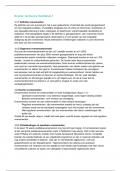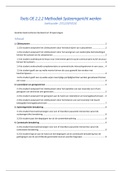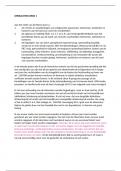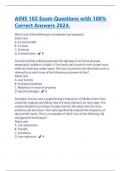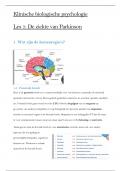Samenvatting
Summary Algorithmic Persuasion in the Digital Society Lecture Notes
- Instelling
- Universiteit Van Amsterdam (UvA)
This is a summary of the lecture slides used for Topic Algorithmic Persuasion in the Digital Society Lecture at the University of Amsterdam
[Meer zien]







